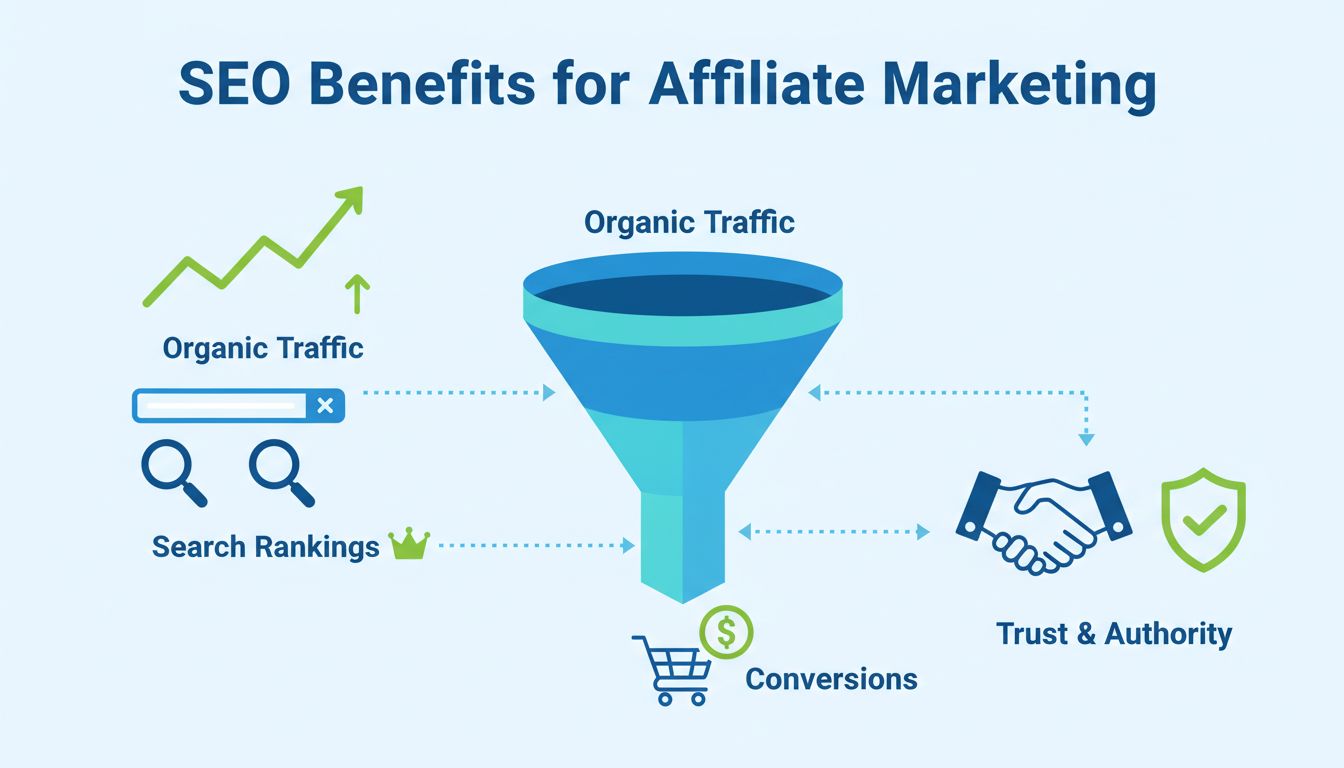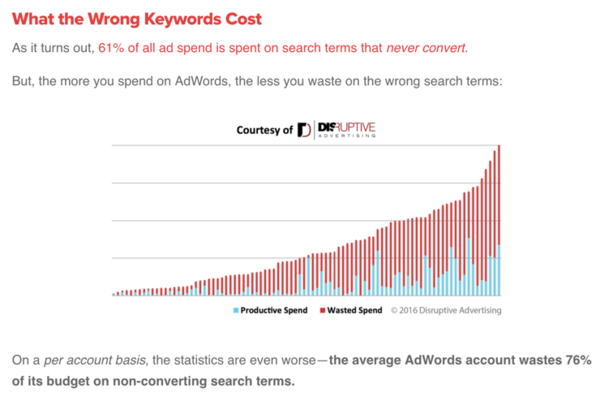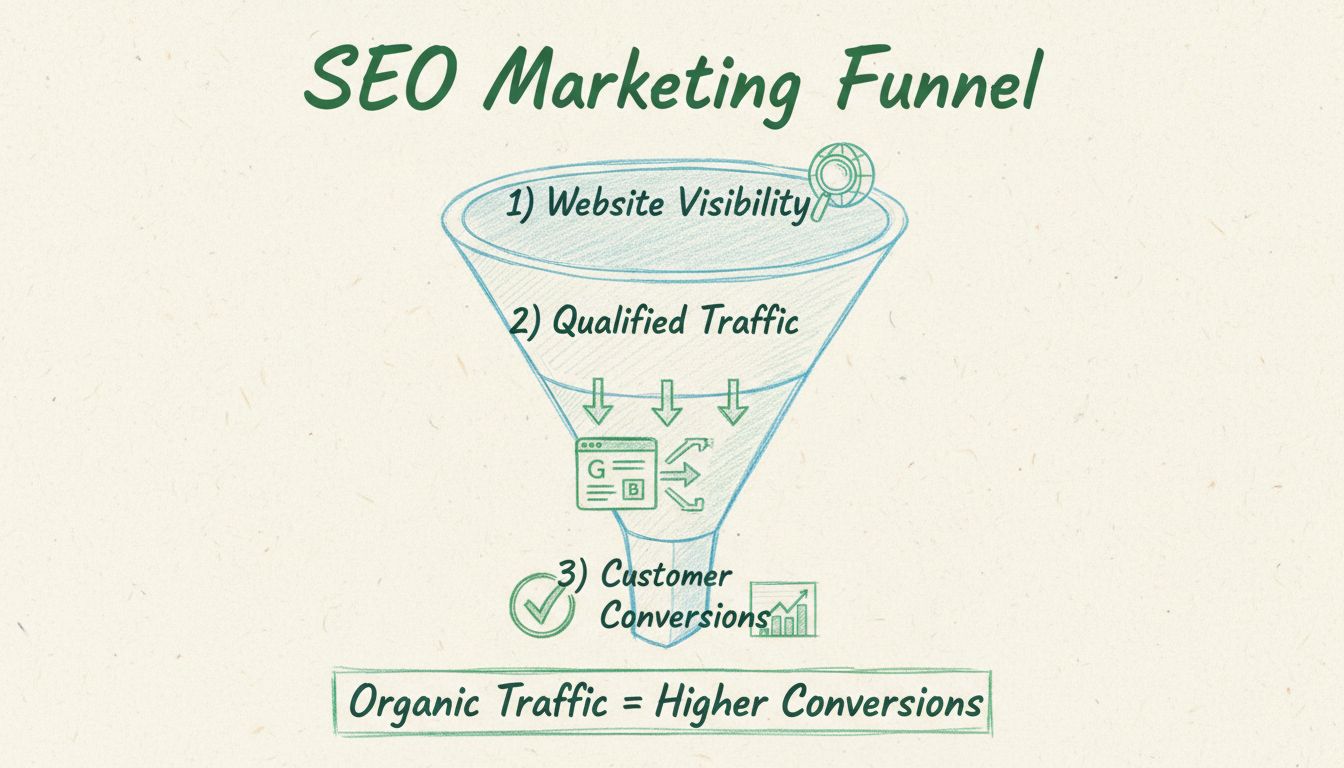
Is SEO Good for Affiliate Marketing?
Discover how SEO drives organic traffic, builds trust, and increases conversions for affiliate marketers. Learn proven strategies to maximize affiliate earnings...

Keyword and SEO research remain the top priority for digital marketers, enabling higher rankings, better content, and increased conversions through strategic planning, free tools, and competitor analysis.
Every year, I read lots of clickbait posts proclaiming that SEO is dead. The hyperbole seems more believable these days, because Google’s rules are changing, and old school SEO doesn’t work. However, the fear-mongering is simply not true.
SEO is just as relevant today as it ever was. According to a poll by MarketDive, 82% of marketers feel that SEO is becoming even more effective than it used to be. Nearly half of respondents said that it is becoming significantly more effective.
While SEO is still very important, developing a good SEO strategy is also becoming more difficult. Fortunately, you can implement a successful SEO strategy by following the five principles outlined below.
Many bloggers would rather be creators than marketers. They have little interest in mapping out a content or SEO strategy . They would rather spend their time writing on topics that interest them. They believe that if they write great content, Google will eventually reward them with high SERP rankings.
Sadly, rankings don’t happen on their own. You need a clearly thought out strategy if you want to get any traffic from Google. Here some things that you need to plan out in advance.

You don’t want to target keywords arbitrarily. Many bloggers just prioritize keywords based on their volume. Try to take a deeper look, because every keyword fits into your SEO strategy in its own unique way.
Some keywords are informational. They can serve a few different purposes, such as teaching people why they need a particular solution (without necessarily selling them yours), establishing your brand as an expert in your field, building an email list by encouraging them to subscribe for a free guide or teaching existing customers how to use your products more effectively.
Other keywords are buyer centric. Their goal is to bridge customers seeking a solution with content that sells yours.
Link building remains a crucial component of any SEO strategy. Successful bloggers understand that they can’t wait until all of their content is written before worrying about generating links. They must formulate a link building strategy before their first piece of content is created. All of their future posts must be written with links in mind.
The first piece the puzzle is their internal link building strategy. They must determine the relevance between different pieces of content and link appropriately.
They should also consider developing a link baiting strategy. If they create highly entertaining or informative content, it will be easier to earn links from other websites. Informative content will get you a good amount of links naturally. But if you really want to scale it, you should use SEO link building services. These will help you get links from targeted sites.”
You need to do your due diligence to develop a competitive SEO strategy. While you can flush out your strategy with the Google Keyword Planner alone, things will go much quicker if you take advantage of a variety of free tools. You will have better results as well, because these tools will help you notice opportunities that you would have missed.
Ubersuggest’s Keyword Tool is one of the best free keyword research tools I have come across. You can use a very broad keyword, such as “dating” to develop a list of hundreds of longtail keywords. The interface is much more intuitive than the Google Keyword Planner, so you should be able to identify gems that other marketers overlook.

You can also use a variety of free tools to spy on your competitors. BackLinkWatch and Ahref are great for peaking at your competitors’ backlink profile. You can also use tools like Alexa to gauge the demographics of similar websites. These tools help you create your own linkbuilding strategy and write content that appeals to the right demographic.
What strategies are your competitors following? Which ones seem to work the best?
There are actually plenty of sneaky SEO tools out there to help with this process as well — many of which focus on more than just Google and search rankings.

When it does come time to checking out the competition in Google, if you can answer these questions, you will have a huge head start with your SEO strategy. Try to determine:
You don’t necessarily want to be too formulaic, but you need to get a general idea of what is working.
A keyword may have a lot of volume. That doesn’t necessarily mean that it is worth trying to rank for on Google, even if it isn’t very competitive. In fact, if you can find a high-volume keyword that nobody else is trying to compete for, that is probably an indication that the keyword isn’t particularly valuable.
Remember, you aren’t just trying to drive traffic to your website. Your real goal is to generate conversions.
Disruptive Advertising actually dove deep into this concept and found that roughly 61% off all search advertising dollars were spent on keywords that simply didn’t convert.

So, it’s not just about knowing which keywords your competition is bidding on… but also which are converting.
How do you know which keywords are most likely to convert? Unfortunately, there isn’t any way to know for sure until you test them out. But before you spend months trying to rank for them, you can at least try to guess which keywords will convert the best.
It can be difficult to tell whether or not other marketers are actively competing for a keyword in their SEO strategy. The sites ranking in the top 10 results on Google for a particular keyword may not have focused on it much at all. They may have just ranked for it by accident, simply because they have a high Domain Authority. This means two things:
The best way to estimate a keyword’s value is to see whether or not other marketers are bidding on it with PPC traffic. If other marketers are paying a high CPC for a keyword, that probably indicates that it has a high ROI. This means that it is definitely worth competing for in the organic search results.
The phrase “content is king” has been around for at least a decade. After the most recent Google Panda update, quality content is even more important than ever. If you want to outrank your competitors, you need to create content that blows theirs away.
Here are a few things to remember when trying to create better content than what’s currently out there.
These are just a few of the many tips out there for creating better content. At the end of the day, just remember that it’s all about the end user and how you are creating content for THEM.
Once all of this is in place, you can effectively spend the most of your time on the content promotion and outreach process. This is where most site owners and brands fail — but where you can ultimately succeed
Keyword and SEO research are crucial for maintaining relevance, reaching the right audience, and outperforming competitors in search rankings. Effective research ensures higher conversions and long-term online success.
Start with pre-planning and building a keyword foundation, use free SEO tools, analyze competitors, examine keywords advertisers are bidding on, and create superior content to outperform competition.
Lucia is a talented content editor who ensures the seamless publication of content across multiple platforms.

Unlock the full potential of your website with expert keyword and SEO research insights. Stay ahead of the competition and drive more conversions.

Discover how SEO drives organic traffic, builds trust, and increases conversions for affiliate marketers. Learn proven strategies to maximize affiliate earnings...

Discover why SEO is crucial for marketing success. Learn how SEO improves visibility, drives qualified traffic, and increases conversions with PostAffiliatePro ...

Discover how to rapidly grow your organic traffic and become an SEO content machine with Post Affiliate Pro's expert insights. Learn the three stages of website...
Cookie Consent
We use cookies to enhance your browsing experience and analyze our traffic. See our privacy policy.